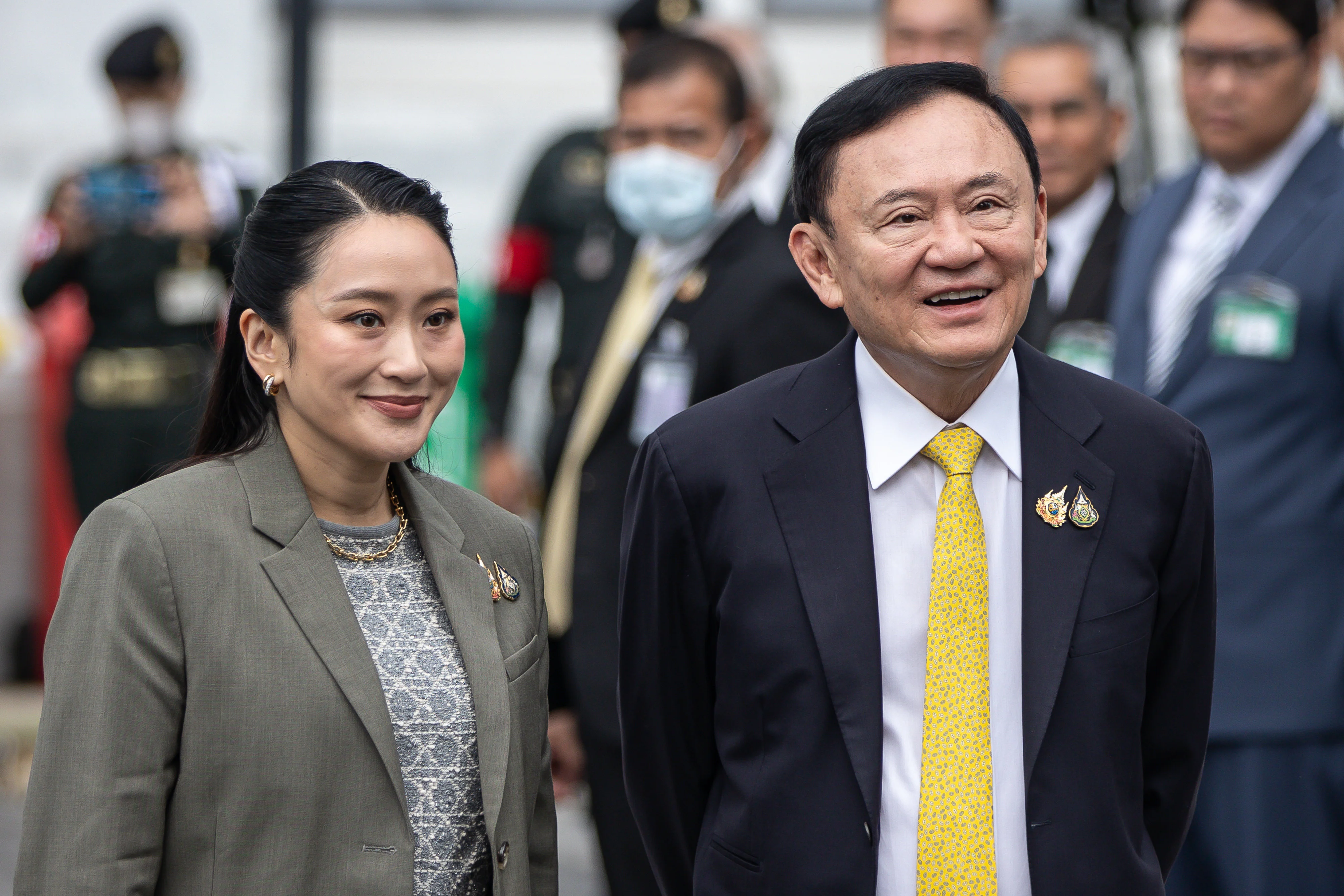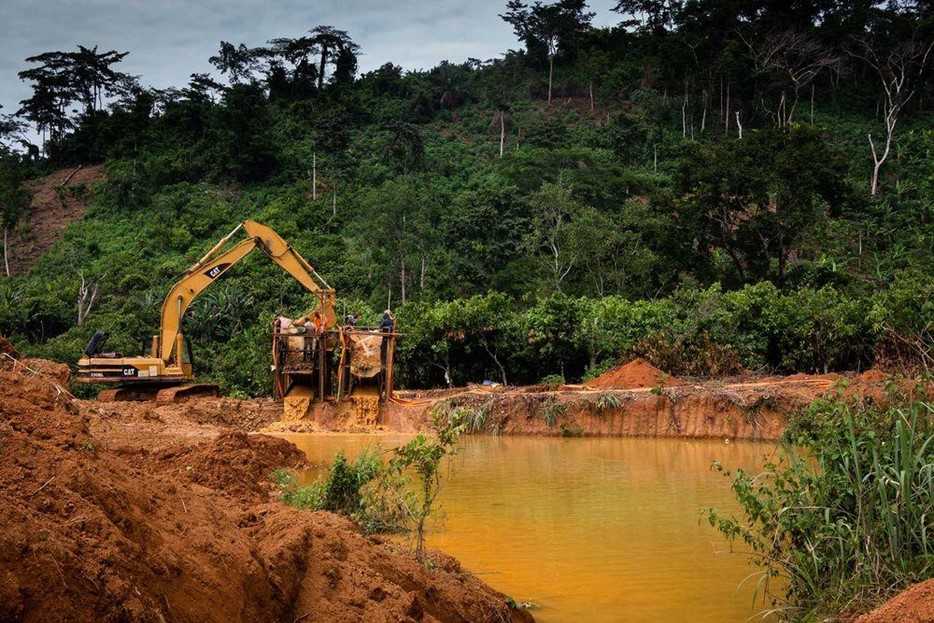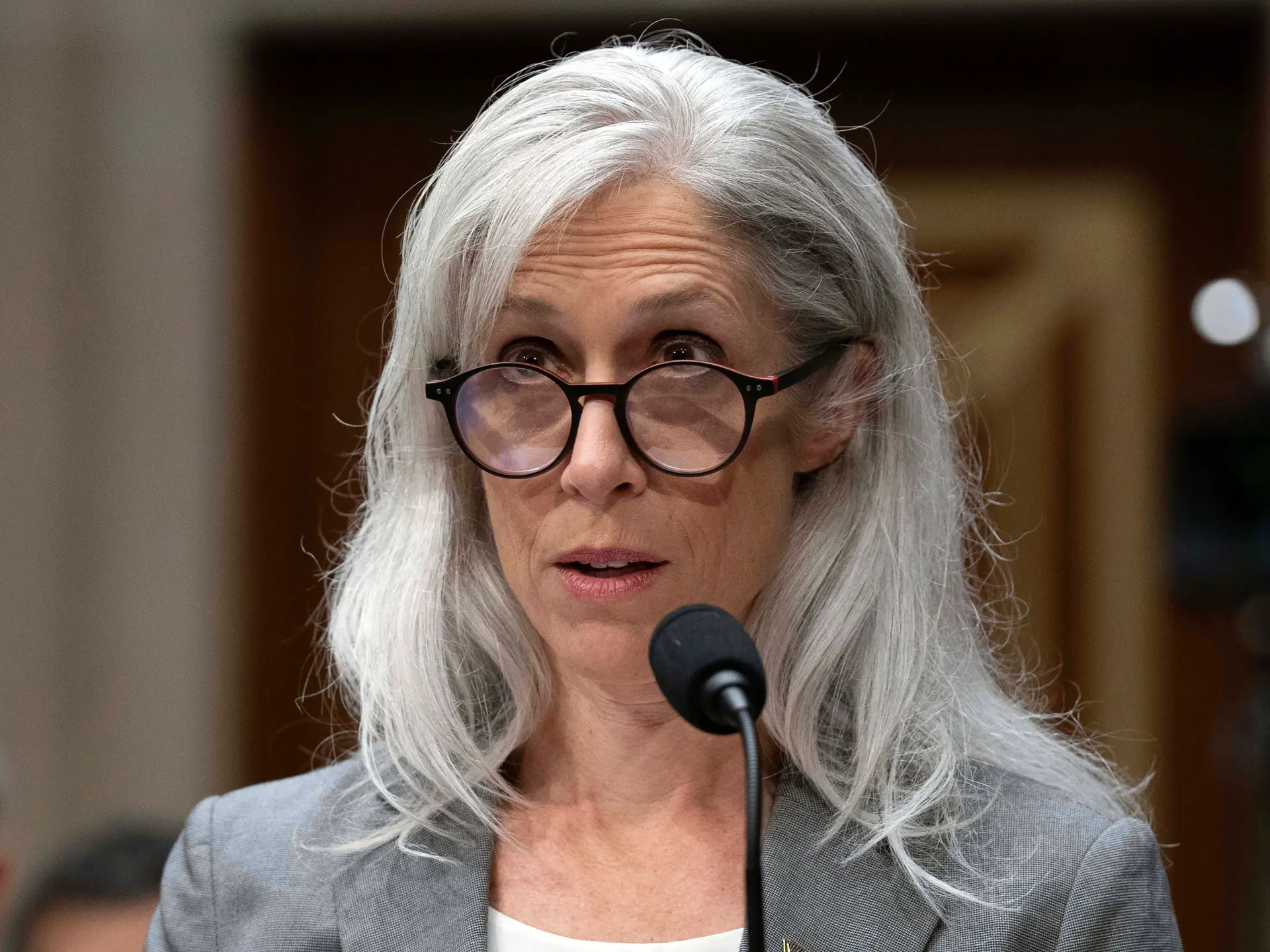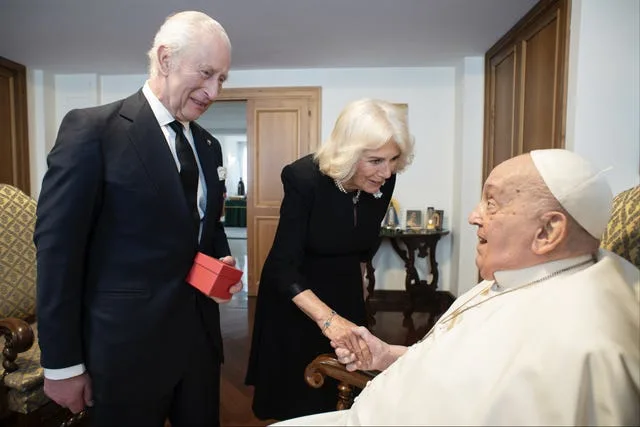By SCMP’s Asia desk
Copyright scmp

Thailand’s former prime minister Thaksin Shinawatra is set to be assigned a role overseeing sewer-cleaning crews from Bangkok’s Klong Prem Central Prison, his daughter Paetongtarn said following a visit to the facility.
“The prison director said Dad will be assigned to supervise sewer cleaning,” she told reporters outside the prison on Thursday, according to Thai news outlet The Nation. She added that his health is “OK”.
If confirmed by authorities, the position would allow Thaksin, 76, to leave the prison during work hours under supervision. As a foreman, he would oversee the sewer-cleaning crews rather than have to scoop garbage and mud out of Bangkok’s roadside drains himself.
According to the report, such outside assignments are typically offered to inmates who exhibit good behaviour and have relatively short sentences remaining.
Thailand’s Department of Corrections has not publicly confirmed the reported assignment. However, publicly available documentation shows that Klong Prem operates an active sewer-cleaning vocational programme in partnership with Bangkok’s municipal authorities. Crews drawn from the prison routinely clean roadside drains in the capital, often under official supervision.
Once one of Southeast Asia’s most powerful leaders, Thaksin served as prime minister from 2001 until a military coup ousted him in September 2006. A former telecoms magnate, he still exerts influence through his family’s strong political network.
Paetongtarn, his youngest daughter, was elected prime minister in August last year, heading a coalition under the family-aligned Pheu Thai party.
But on August 29, the Constitutional Court removed her from office, finding she had violated ethical and constitutional norms in a leaked June telephone call with Cambodia’s former leader Hun Sen.
Thaksin returned to Thailand in August 2023 after some 15 years in exile, to face convictions on corruption and abuse‑of‑power charges. Authorities initially sentenced him to eight years, but upon his return he was swiftly transferred to a Police General Hospital, where he stayed for roughly six months, citing health issues.
While in hospital custody, Thaksin received a royal pardon that reduced his eight-year term to one year, and he was released on parole in February last year after serving half that time. His early release appeared to resolve his legal issues – until a Supreme Court ruling this month reversed that outcome.
On September 9, the court found that Thaksin’s extended hospital stay had been medically unnecessary and could not be counted as time served. He was ordered to return to prison the same day.
The ruling reignited speculation that the former prime minister might seek to serve the remainder of his sentence under house arrest or medical supervision. But on September 16, his lawyer Winyat Chartmontree dismissed such claims, saying, “People can say what they like, but they should be accountable for their words.” He confirmed that the family had not requested any special privileges or outside detention.
Winyat added that Thaksin was being held under standard conditions in an area reserved for elderly inmates near the Corrections Hospital. Under Thai law, some inmates may apply to serve sentences at home or in medical facilities, subject to Department of Corrections criteria and risk assessments. He said such a request might be considered “when the time is right”.



